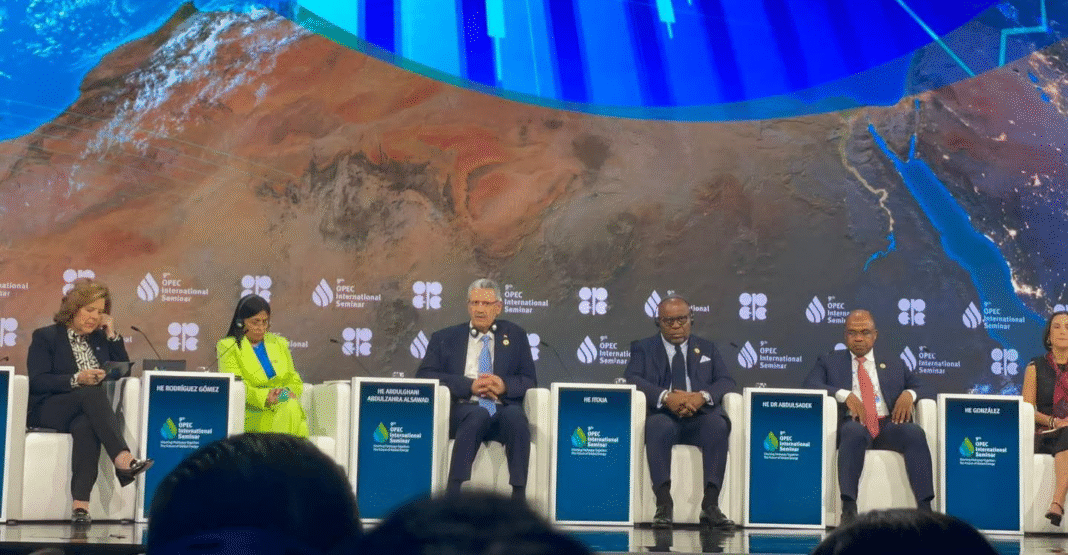Iraq now holds more than 145 billion barrels of confirmed oil reserves, according to the country’s top energy official. In addition, natural gas reserves have climbed to 132 trillion cubic feet. The announcement came during a major energy forum, where Iraq outlined long-term goals in energy investment and sustainability.
Energy Minister Hayan Abdul Ghani stressed the value of Iraq’s oil reserves. He explained that these resources remain essential for infrastructure development and economic growth. He also emphasized the continued global dependence on fossil fuels, particularly in developing nations.
Despite global moves toward renewables, Iraq sees oil and gas as a necessary foundation for clean energy progress. Many low-income countries, he argued, still rely heavily on fossil fuels. Without them, critical sectors like healthcare and education would face setbacks.
He pointed out that Iraq’s oil reserves give it a leading role in global energy security. However, he warned about low investment levels in the energy sector. He noted that current funding levels fall short of future demand. Governments must increase energy investments to avoid supply shortages.
The minister urged global stakeholders to support traditional and clean energy together. He said Iraq plans to use its oil reserves to power national development. At the same time, the country will invest in clean energy and environmental reforms.
Iraq continues to develop major gas projects across the country. These efforts aim to capture gas that usually burns off during oil production. Instead of wasting this resource, Iraq plans to use it for power generation. That shift could reduce carbon emissions and improve energy access.
According to the minister, Iraq’s gas projects also support its climate goals. The country wants to reduce environmental harm while using oil reserves for growth. He also confirmed that Iraq is working with global energy firms to develop natural gas fields. These partnerships will help Iraq enter the international gas market in the coming years.
In conclusion, Iraq’s oil reserves remain a core driver of its economy and energy strategy. The government wants to balance traditional energy production with cleaner technologies. This approach aims to meet domestic needs while supporting long-term climate action.


